THE WASHINGTON POST: Women despair over Taliban rules, but many Afghan returnees don’t see it
Afghans living abroad are flocking back to visit relatives for the first time since the Taliban takeover. Draconian restrictions on women are not top of mind.
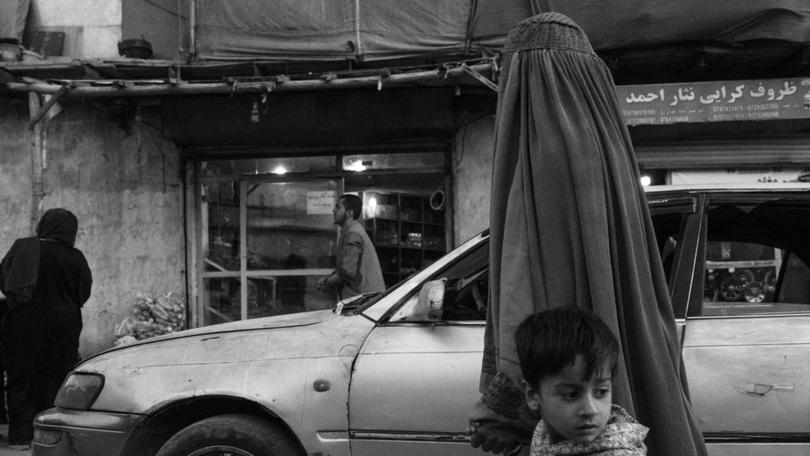
KABUL - For the first time since the Taliban takeover three years ago, Afghans living outside the country have begun flocking back to their homeland, usually to visit relatives who have remained in Afghanistan.
Upon their return, few seem preoccupied by the Taliban’s increasingly draconian restrictions on women - including bans on women going to university and school above sixth grade - or by the reluctance of many local women to leave their homes out of fear of encountering the morality police, according to interviews with residents and visitors.
Instead, many of the visitors, carrying foreign passports or visas, marvel about the sense of security and the construction of new roads under Taliban rule. They post photos of their favourite Afghan dishes, discuss business plans and shop in the Kabul airport’s new duty-free store.
Sign up to The Nightly's newsletters.
Get the first look at the digital newspaper, curated daily stories and breaking headlines delivered to your inbox.
By continuing you agree to our Terms and Privacy Policy.During a recent family trip to Kabul - her first since the Taliban takeover three years ago after years of war - Zahra, 34, was pleasantly surprised. “There’s freedom now,” said Zahra, an Afghan who lives in London. She indulged herself in shopping for gold jewellery and is already planning another trip to Afghanistan next year.
For Afghan women who have had to live under Taliban rule, the enthusiasm of visiting relatives can be puzzling and, increasingly, frustrating.
The Taliban further tightened its restrictions three months ago, even banning women from raising their voices in public. But visitors often spend so much time at relatives’ homes that the absence of women in many public spaces can go unnoticed, some hosting families said in interviews. Many visitors also spend their time primarily in more affluent parts of Kabul, where enforcement by the morality police remains relatively rare.
Some of the returning Afghans actually appear drawn to life under the Taliban because their own experiences in the West have proved to be more challenging than expected.
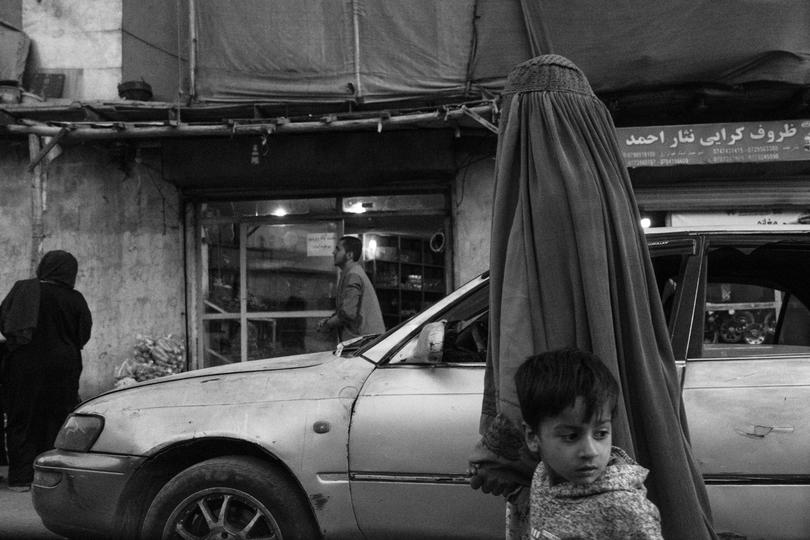
“The quality of life in Afghanistan, especially under the Taliban, is better than in Germany,” said Ali, a 65-year-old Afghan German who recently visited the country and reconnected with a conservative culture he says he feels closer to. Like others interviewed for this story, he spoke on the condition that only his first name be published for fear of drawing unwanted scrutiny.
Some Afghan women say they no longer try to convince their cousins, uncles or aunts about how dire the situation has become, including the heightened efforts by the morality police, reinforced by many newly hired officers, to look for women who violate the regime’s strict hijab mandate and other religious rules.
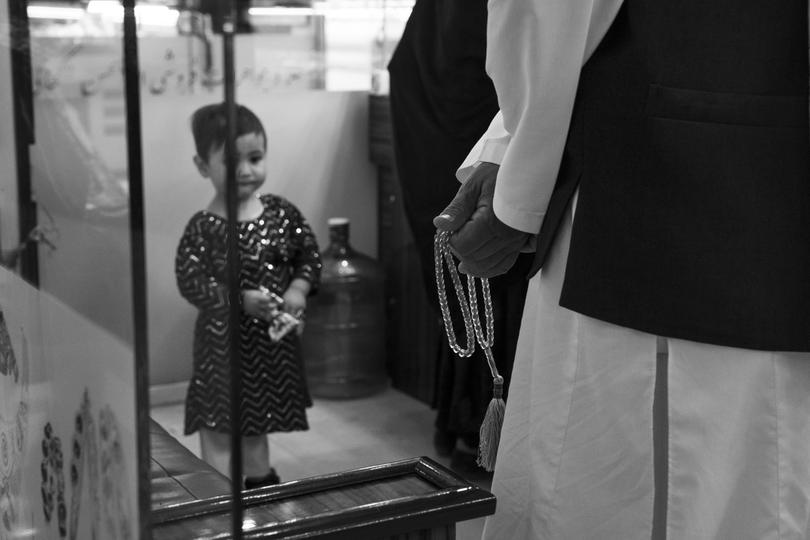
When her female cousins visited from Europe this year for the first time since the Taliban took power, Sadia, 24, said she struggled. “I tried to explain to them how the Taliban has destroyed all the dreams I worked so hard to achieve,” she recalled. “They kept saying how happy they are here, and how safe it is now. These are the things that impact them directly.”
Afghan culture dictates that relatives and guests be treated with respect, so Sadia - like others in similar situations - eventually gave up, she said.
“But what value does safety have when you lose all your dreams for it?” she asked.
Trendy dining and fine shopping
On arrival, Kabul can be surprising for those who have been away.
Rather than the eerily empty city that locals described to their relatives abroad in the early days of Taliban rule, visitors now find a crowded capital where dismantled blast walls have revealed pomegranate trees along the roads. Most residents struggle to make a living, but anyone who can afford it is able to choose among an array of trendy restaurants. Many are so empty that each guest has a dedicated waiter.
When wide-eyed customers show up at Mirwais Sarmastzada’s furniture store, he knows they’re back in the country for the first time in years or decades. “Many are stunned to see such high-quality beds produced here in Afghanistan,” Sarmastzada said. He said Afghans from abroad now account for three in four customers, and their number is growing.

The Taliban-run government has not released figures on how many foreign Afghans have visited the country since 2021, but some traders say that rising interest from abroad is offsetting weak domestic demand.
None of the people interviewed for this story said they intend to return to Afghanistan permanently. Most come back for weddings, to which Afghan families traditionally invite hundreds of relatives and guests. Others are here for extended family reunions, which last weeks and even months, or to explore business opportunities.
Over French breakfast or Turkish coffee, returning Afghans can be overheard discussing plans for the future. Habib Rahman, a 60-year-old engineer who moved to Germany over four decades ago, said he was unaware of the nightly blasts and gunshots that can be heard in central Kabul these days and that are frequently carried out by anti-Taliban groups. He feels just as safe in Kabul as in Europe, he said.
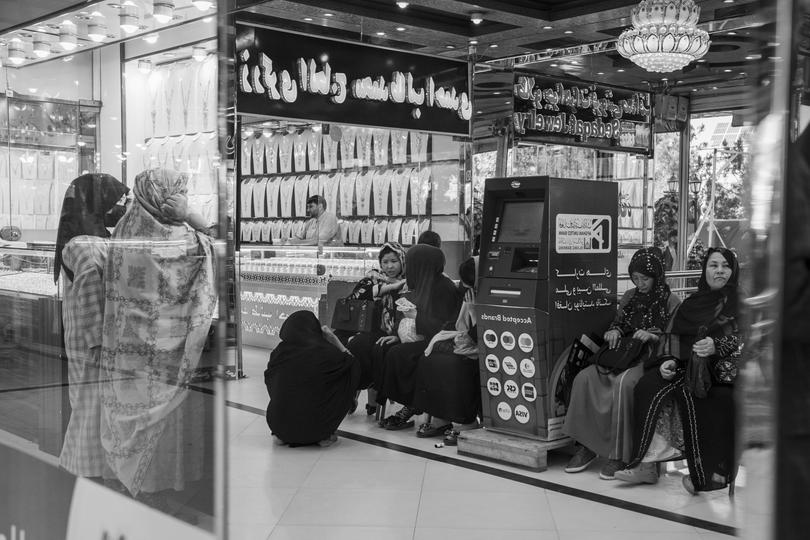
While sipping tea at a French restaurant, he recalled how he was among the many Afghans in Germany who feared the worst when the Taliban took over in August 2021. And he, like some other returnees, said he was disappointed by the newly promulgated rules, like the one banning women from raising their voices.
But also like many other visitors, his impressions are mostly positive. At most 5 percent of Afghans are unhappy, he said, based on his own conversations.
The darkest of times
For Qudsia, 53, it doesn’t feel that way. After the Taliban came to power, she said, she sometimes sought temporary refuge near a lake in western Kabul, away from the country’s new rulers.
But when she returned there with her family this month, morality police officers were waiting. They rushed toward her and asked her to leave immediately.
“Ever since I was born, there hasn’t been a darker time in this country,” she said, as she climbed back into her car.

Many women say they believe that hard-liners close to the Taliban leader, Haibatullah Akhundzada, have entrenched themselves in power. Moderates have either failed to soften the regime’s edicts or were never serious about doing so, these woman say.
The Taliban does not deny that its grip has tightened since 2021. “The mixing of genders has been completely stopped,” Saif al-Rahman Khaybar, the spokesman for the Ministry for the Promotion of Virtue and Prevention of Vice that oversees the Taliban’s morality police, said in an interview in Kabul this month.
Khaybar said the rules apply to all Afghan Muslims, including returnees and visitors. “We haven’t encountered any challenges with them,” he said.
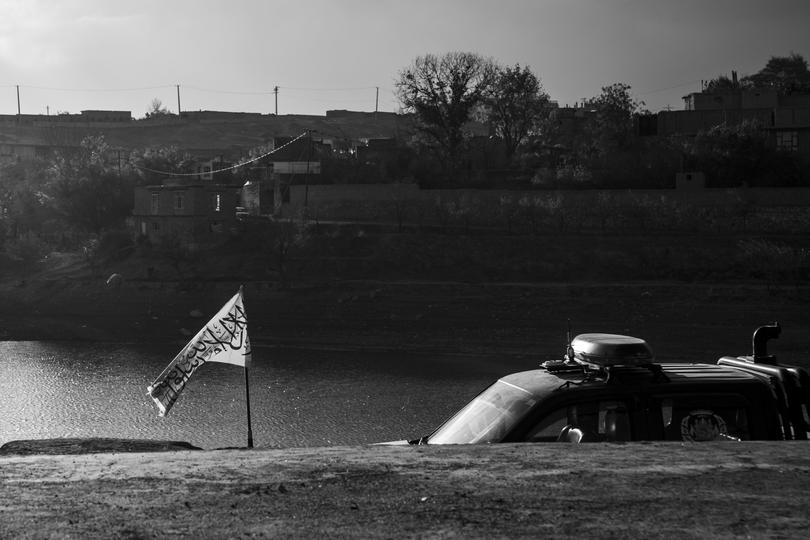
Some Afghan women say that visiting relatives are deceived by what appears to be lax enforcement and are falling for the Taliban strategy of enforcing the rules only intermittently and counting on fear to deliver compliance.
But at times, even visiting relatives face the severe reality. When an aunt of 23-year-old Beheshta recently returned to Kabul, she was initially happy - until she was scolded at a checkpoint for not fully covering her hair.
“After that, she rebooked her flight to leave sooner,” Beheshta said. “We don’t have that option.”
Lutfullah Qasimyar contributed to this report.
© 2024 , The Washington Post
